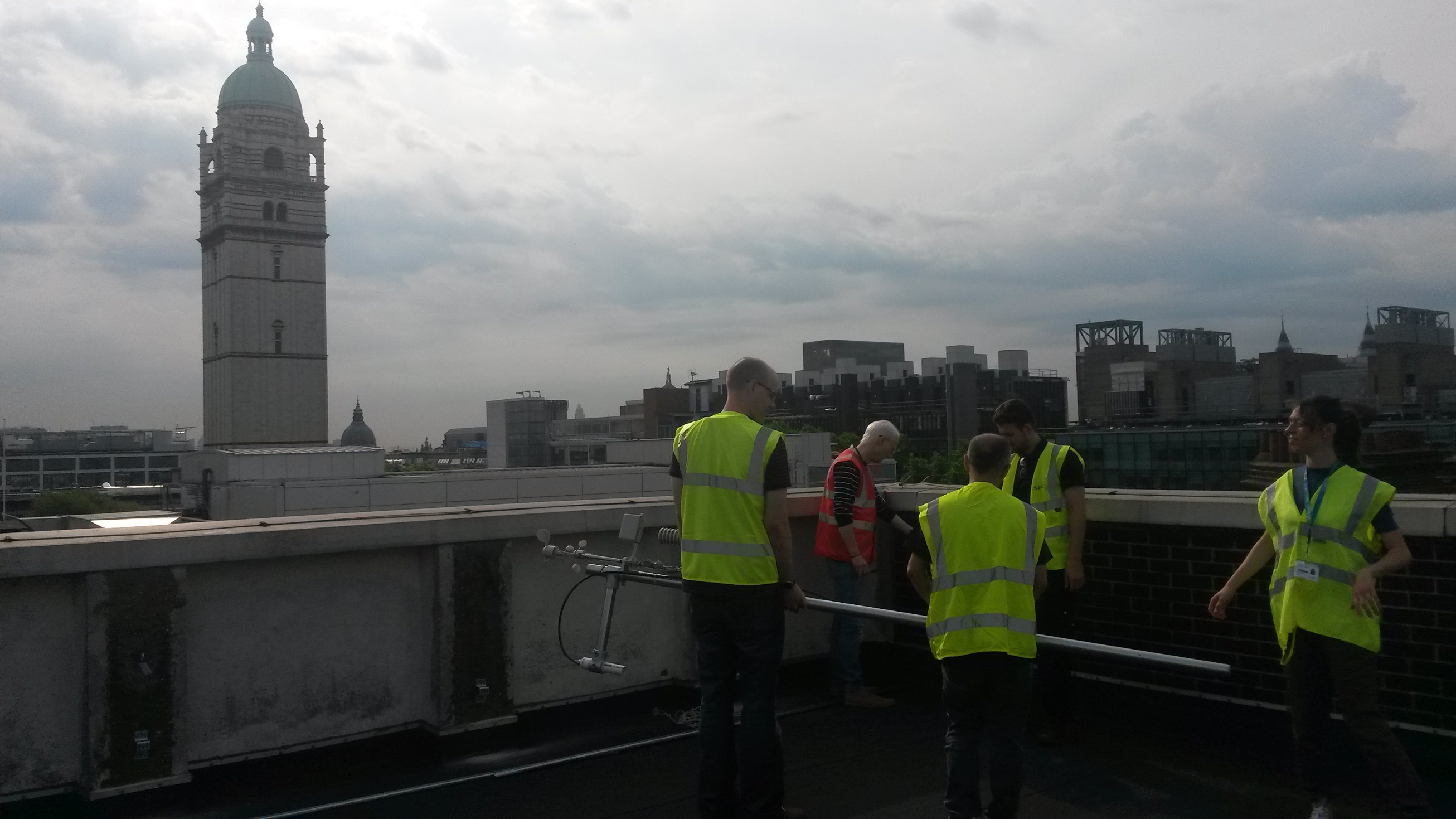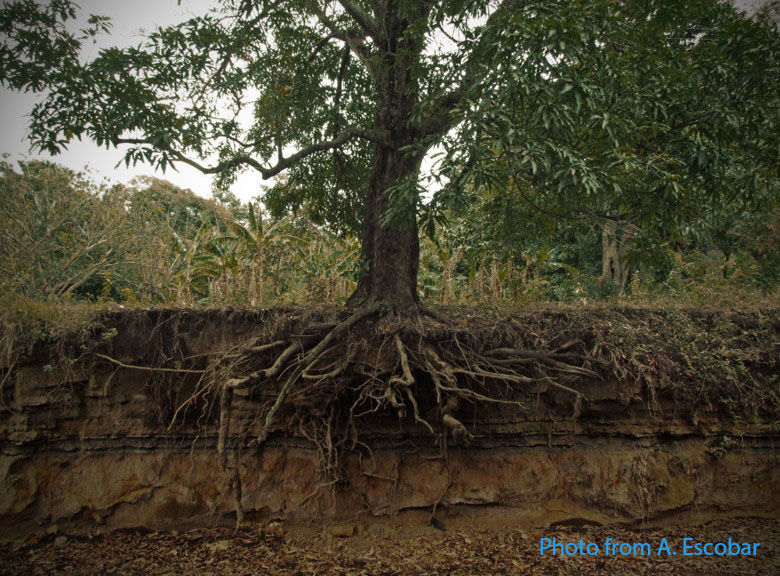
Research
Group members are working on several research projects across the global carbon cycle, including atmosphere, land and ocean themes.
Measurements of atmospheric CO2 and CH4:
We are investigating CO2 and CH4 fluxes from fossil fuel and biological sources using atmospheric measurements and modelling.
We have been studying CO2 and CH4 exchanges in California using a network of observation sites, including collaborators at Scripps Oceanography, Lawrence Berkeley Lab, Lawrence Livermore Lab, Caltech, NASA JPL, NOAA, Sandia Lab and Earth Networks.
We have also set up a measurement site on the roof of the Huxley Building at Imperial College London.
We are measuring radiocarbon in CO2 and CH4 in order to identify fossil fuel and biological influences. Radiocarbon is a powerful tracer of fossil-derived carbon since fossil carbon is so old that it doesn't contain any radiocarbon - all the radiocarbon has decayed away.
Using the observations together with atmospheric models and model-based estimates of CO2 and CH4 fluxes, we can produce new estimates of fossil fuel and biological fluxes that use the observations as a constraint.

Global carbon uptake and cycling by plants and soils:
Plants and soils in the terrestrial biosphere are presently removing about 25% of the CO2 emitted by human activities. We are working on several projects to better understand how carbon uptake and release by plants and soils are changing as a result of environmental changes including rising CO2 and climate change.
These projects include:

Global carbon and heat uptake by the oceans:
The oceans are taking up about 25% of the CO2 emitted by human activities and nearly all of the excess heat associated with climate change. This CO2 and heat uptake is modifying the ocean environment, with impacts on marine ecosystems as well as the ocean's ability to take up CO2 and heat in the future.
We are investigating the ocean carbon cycle with several projects, including:
